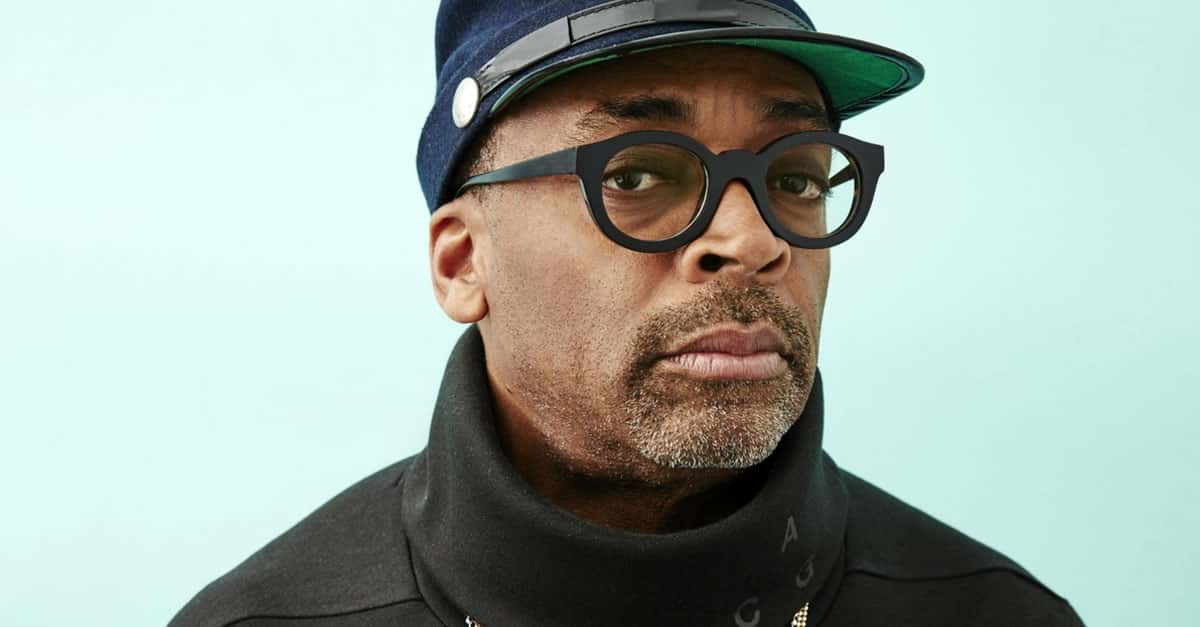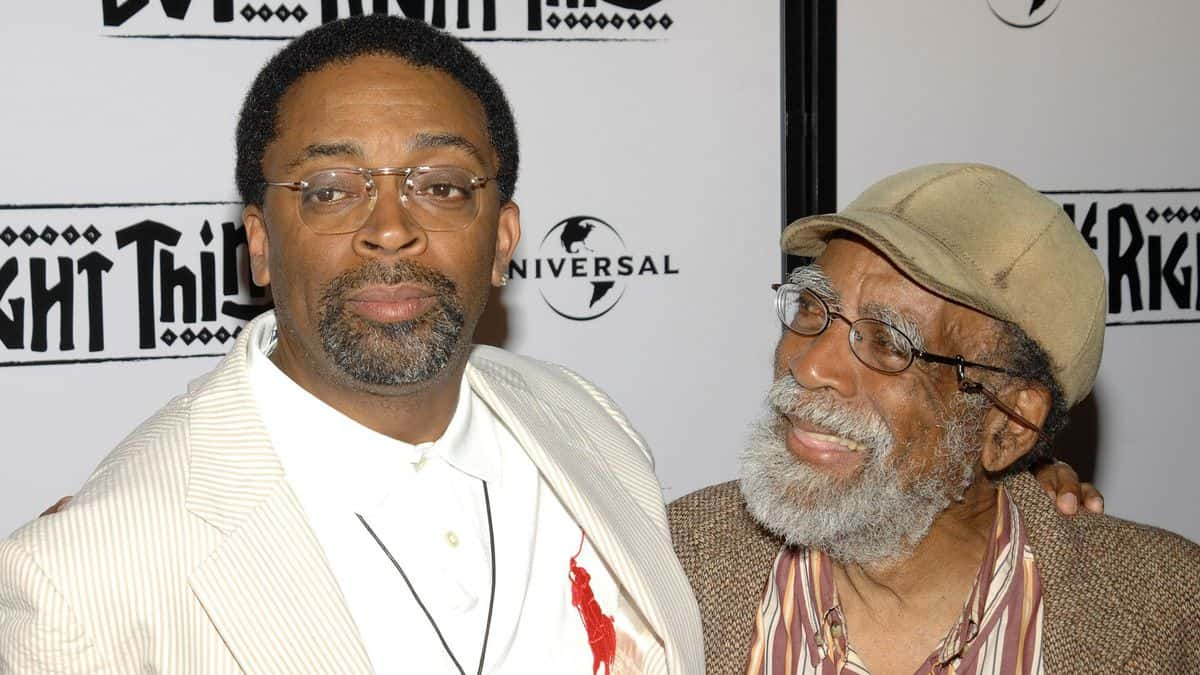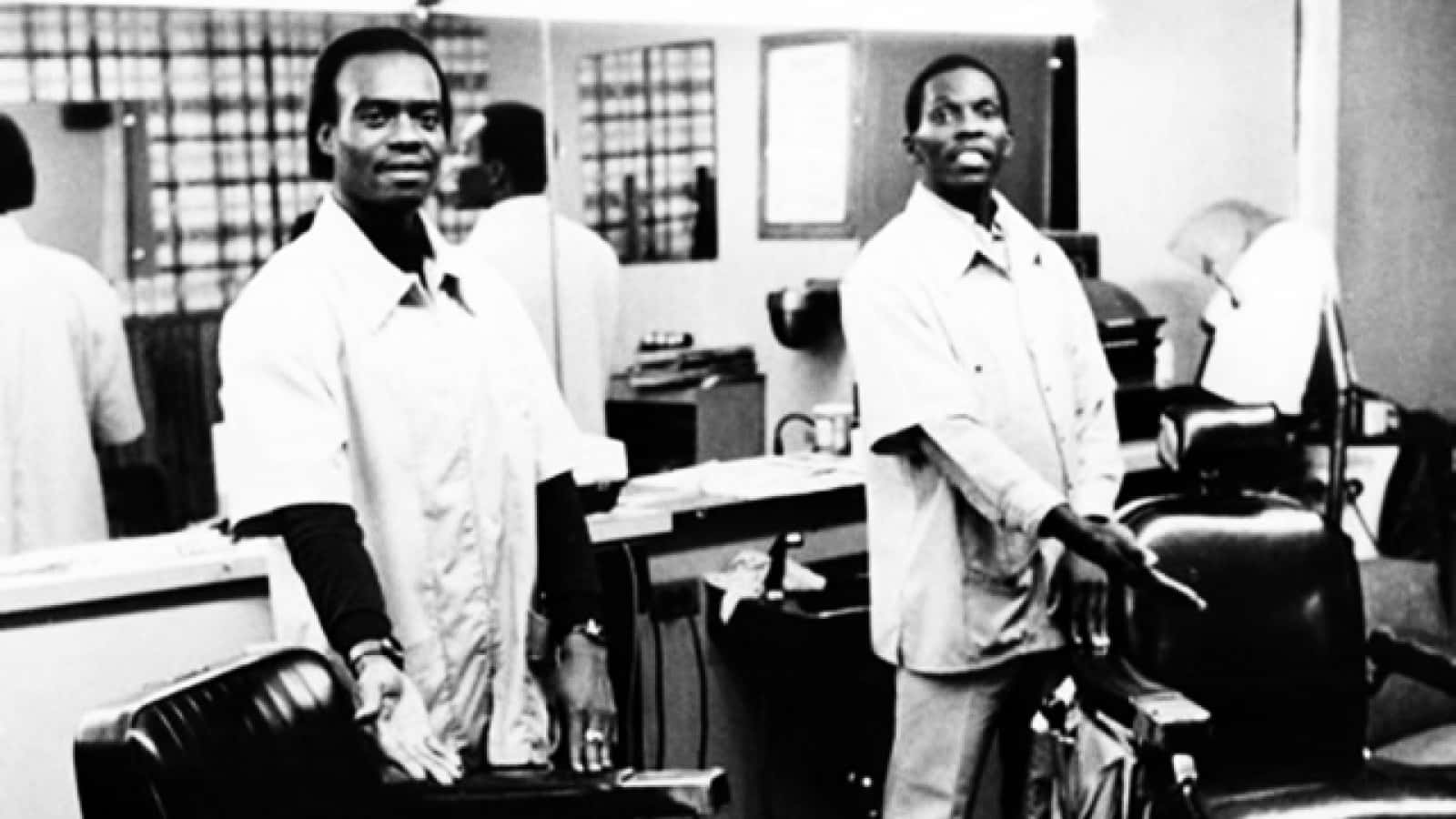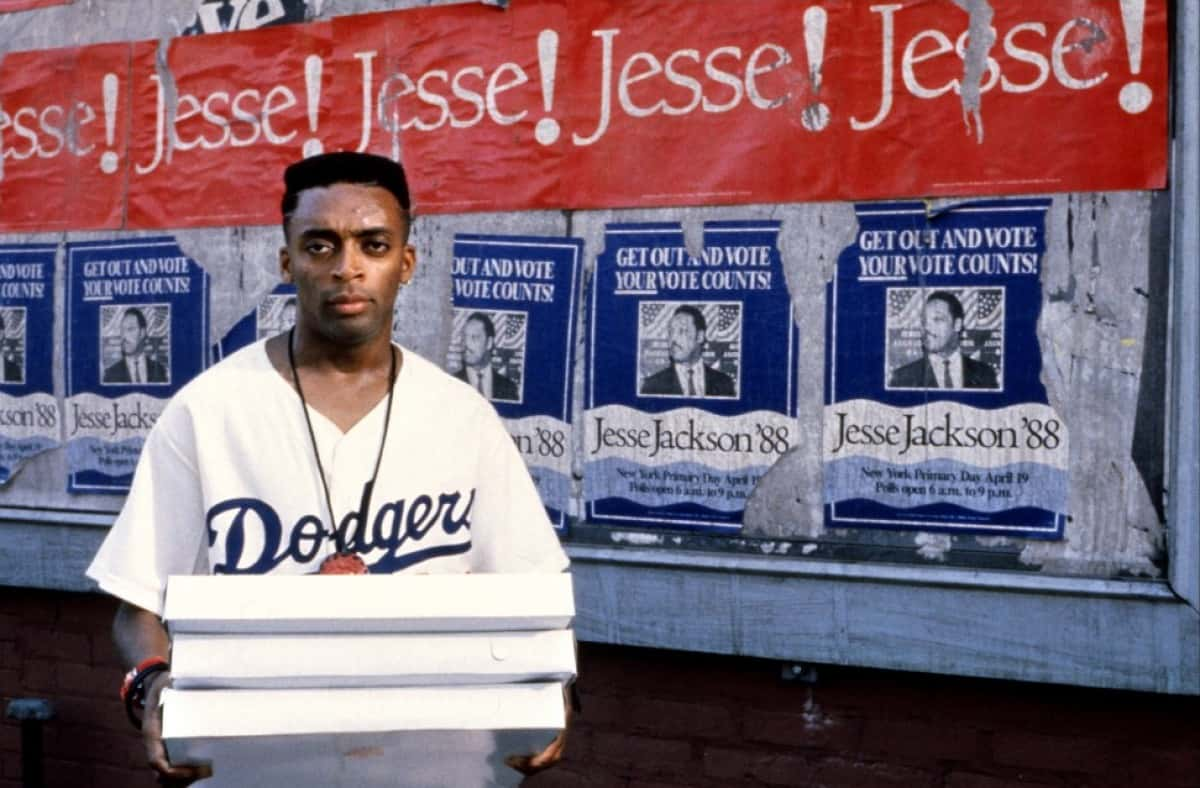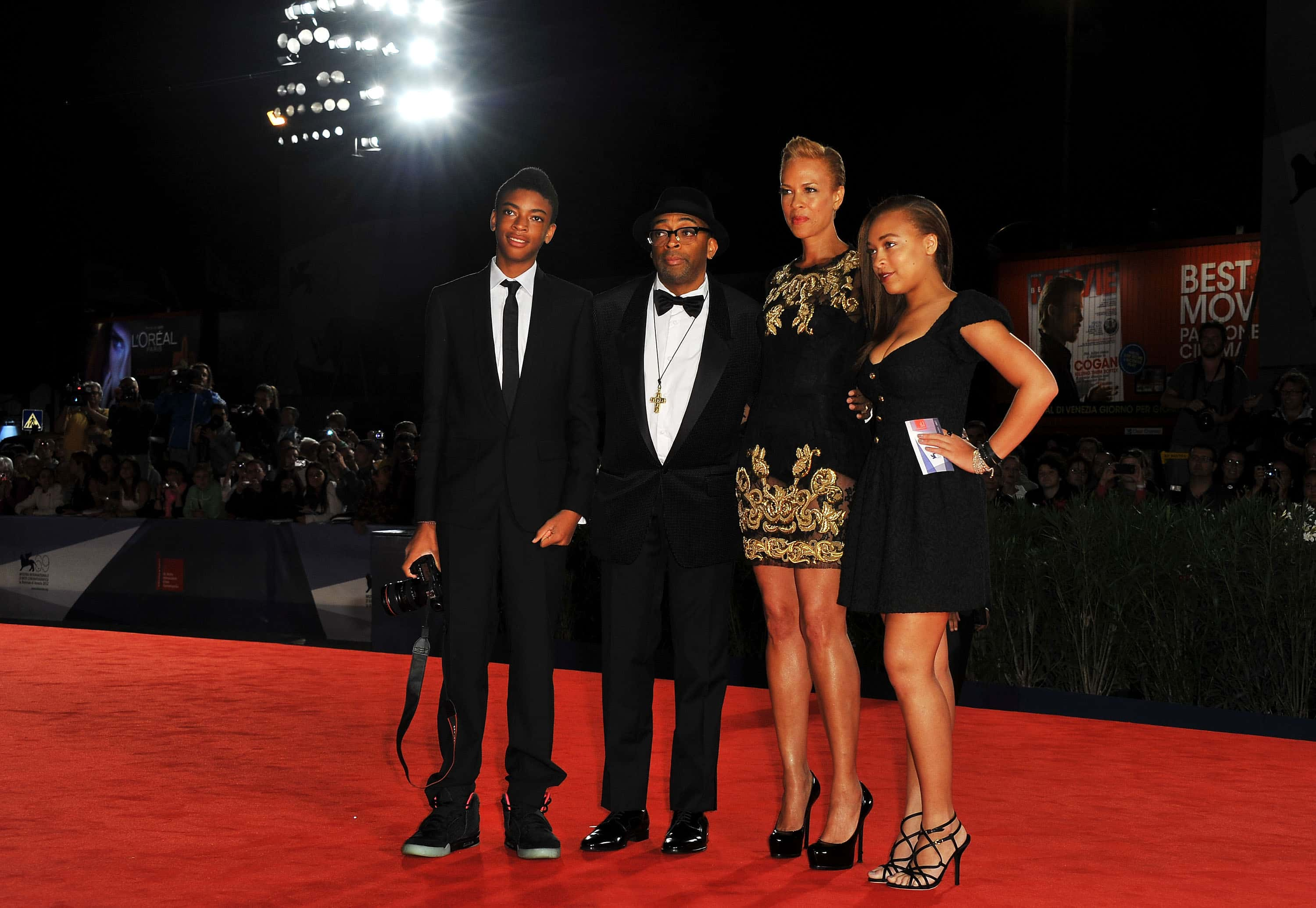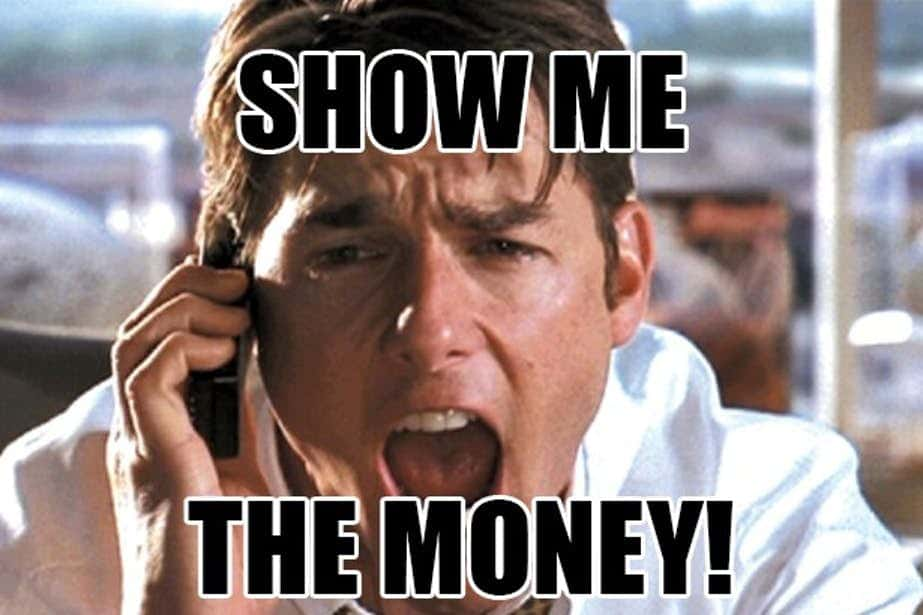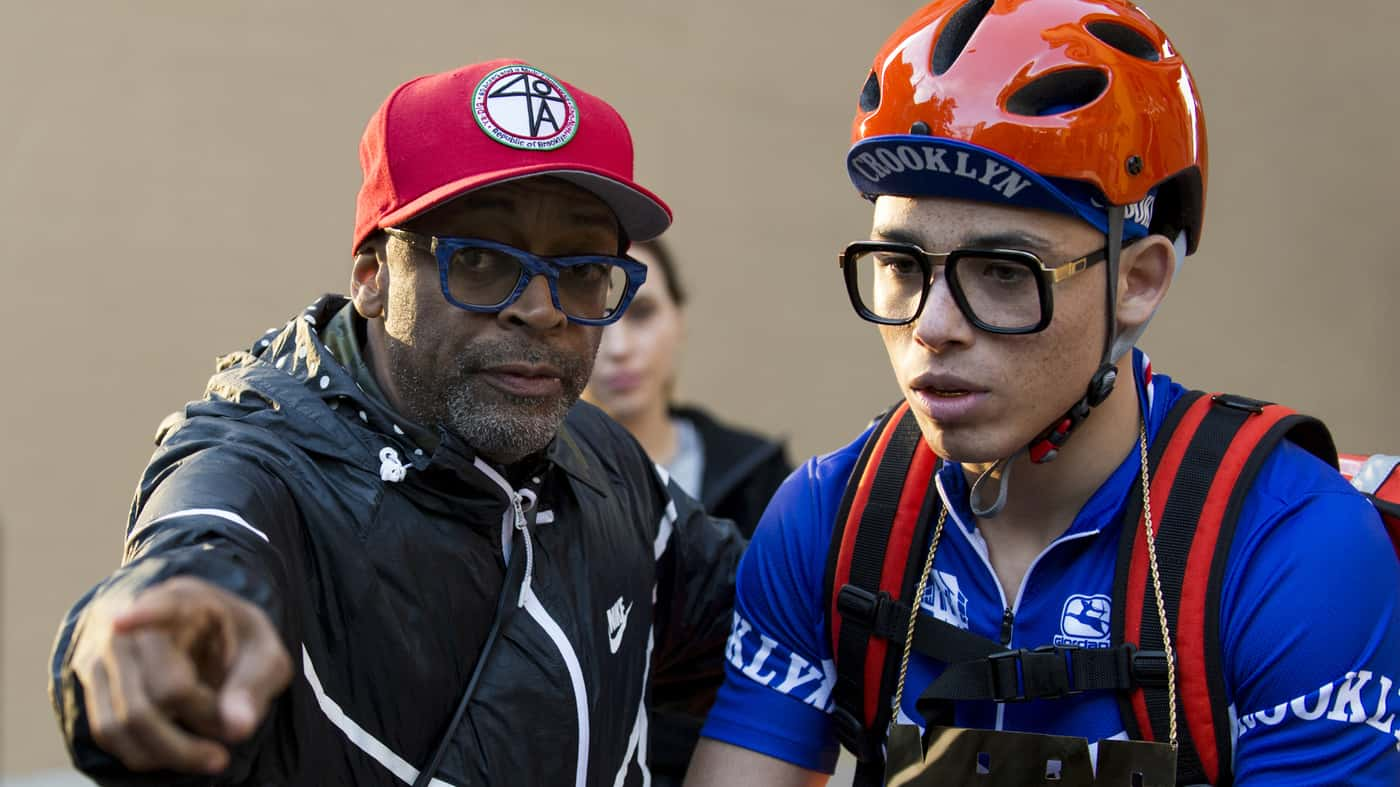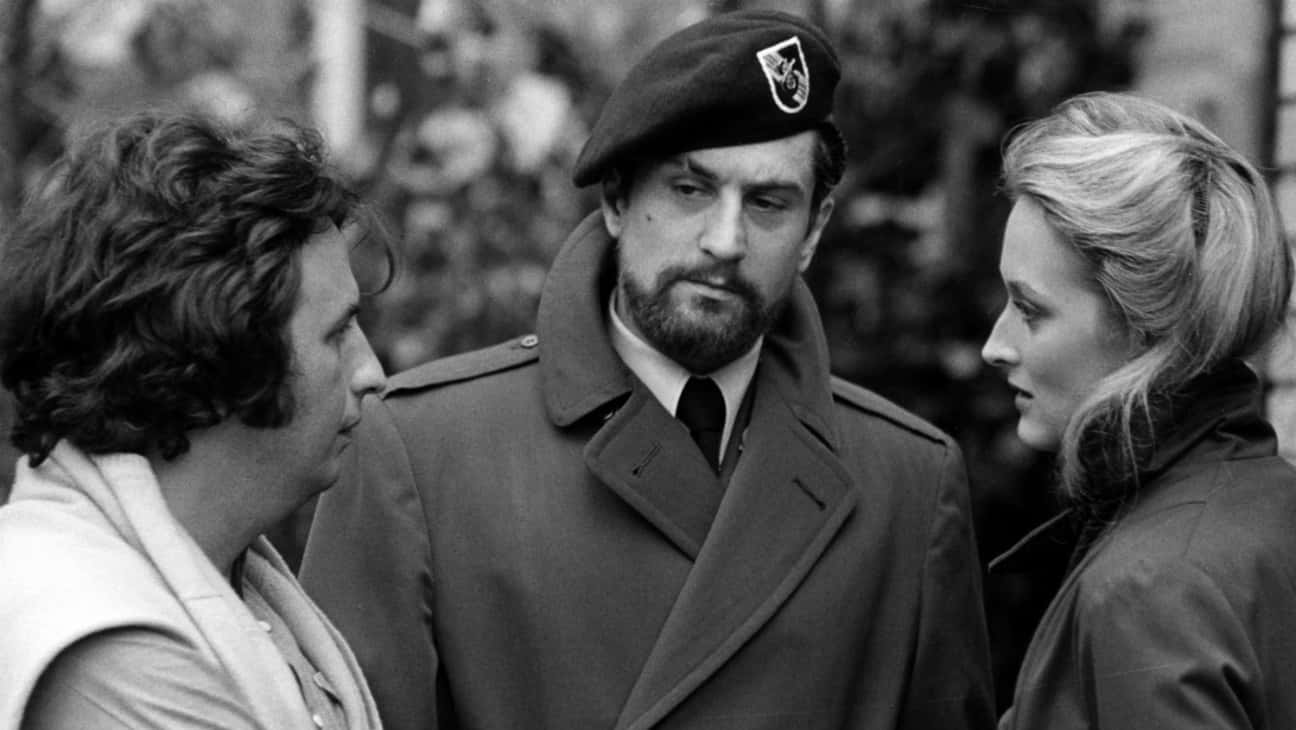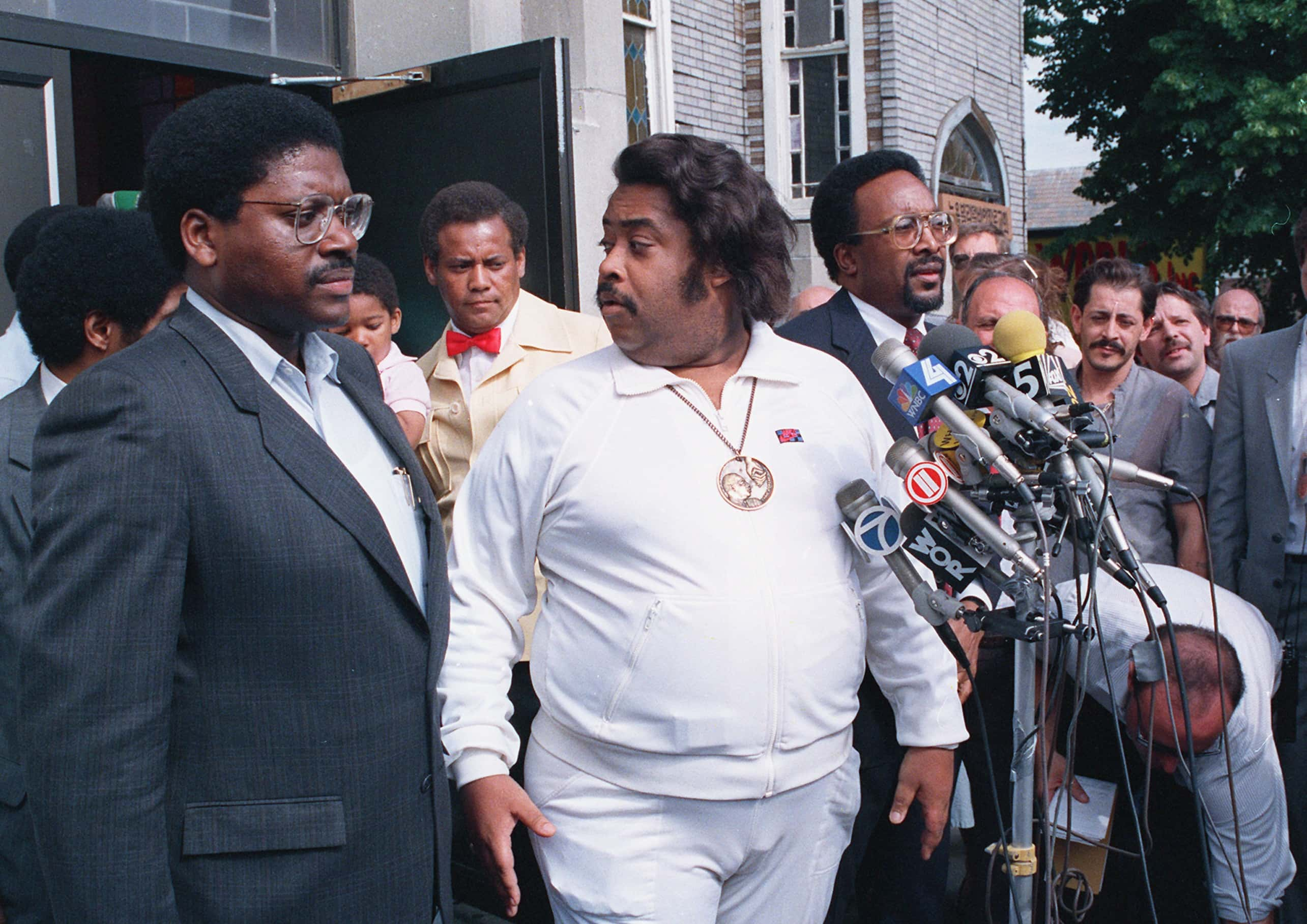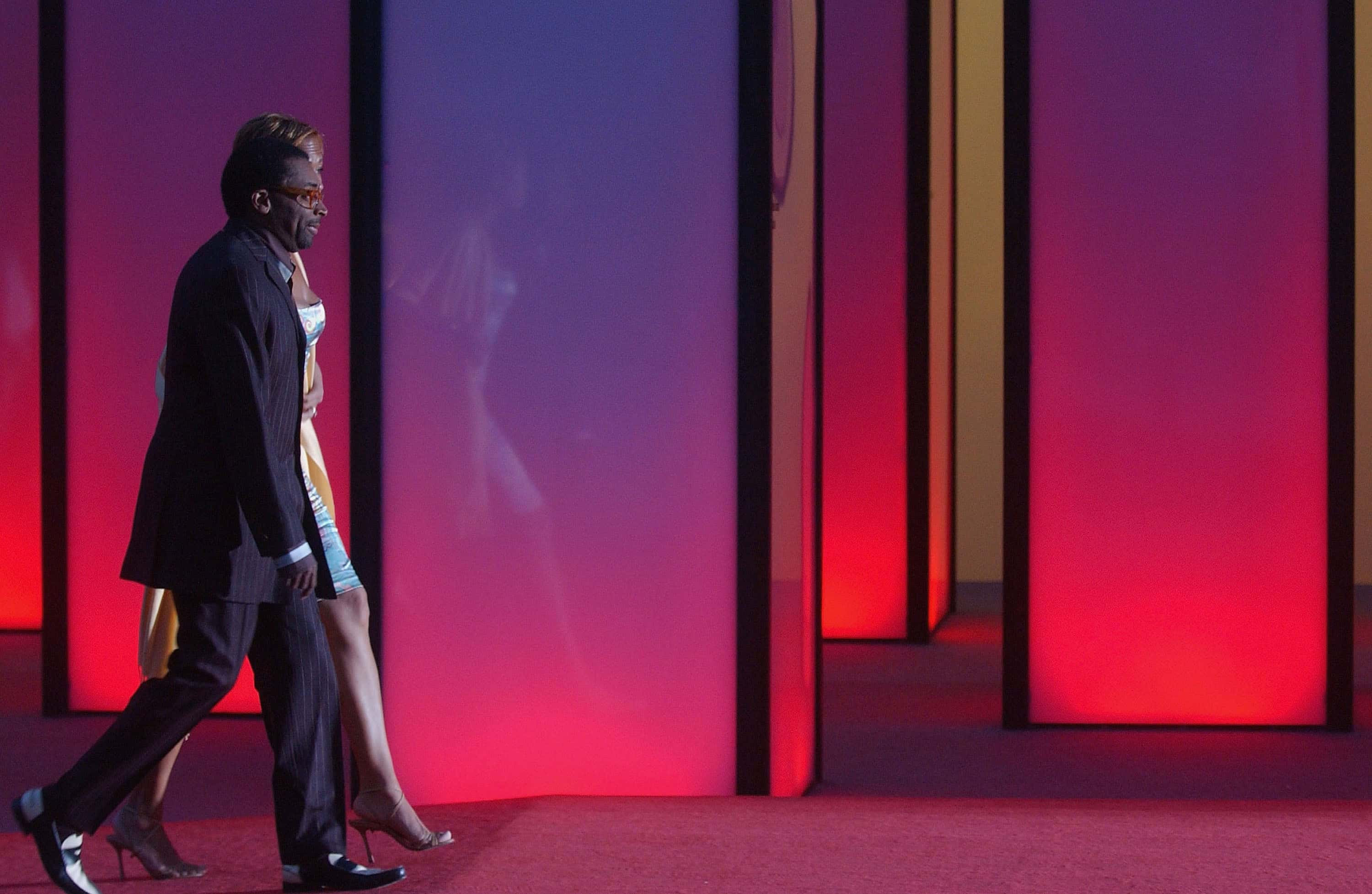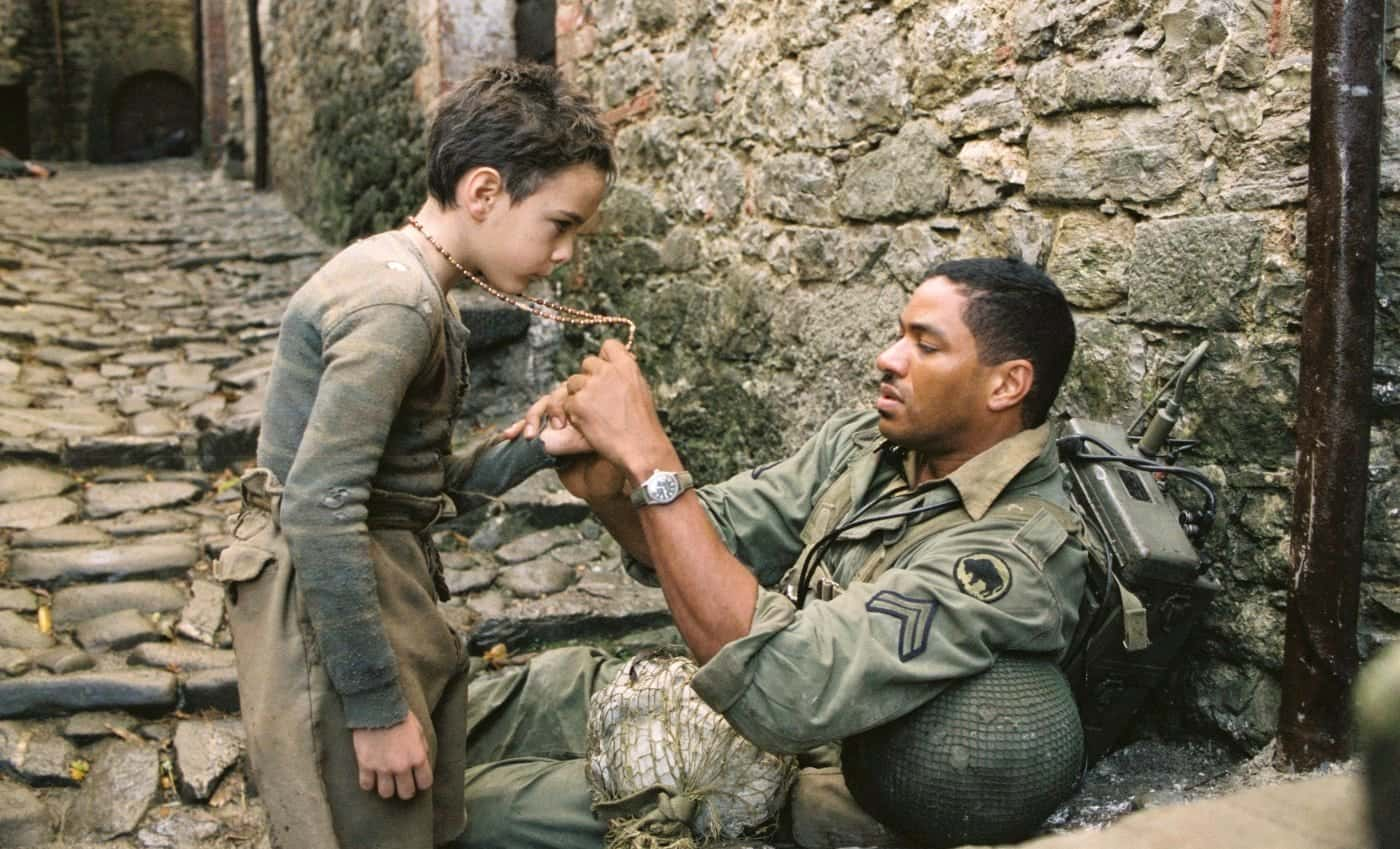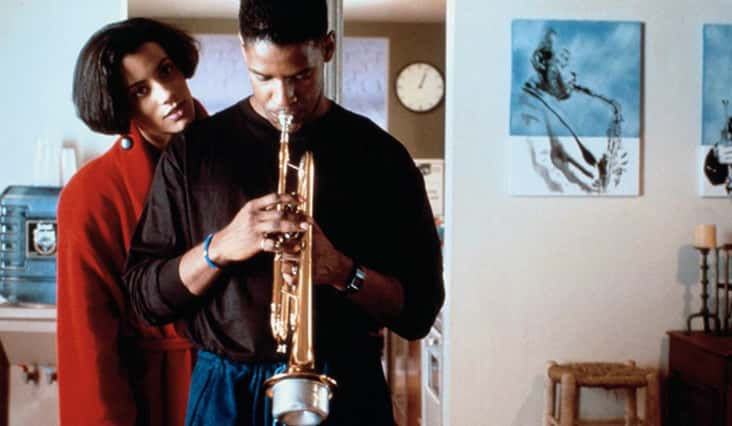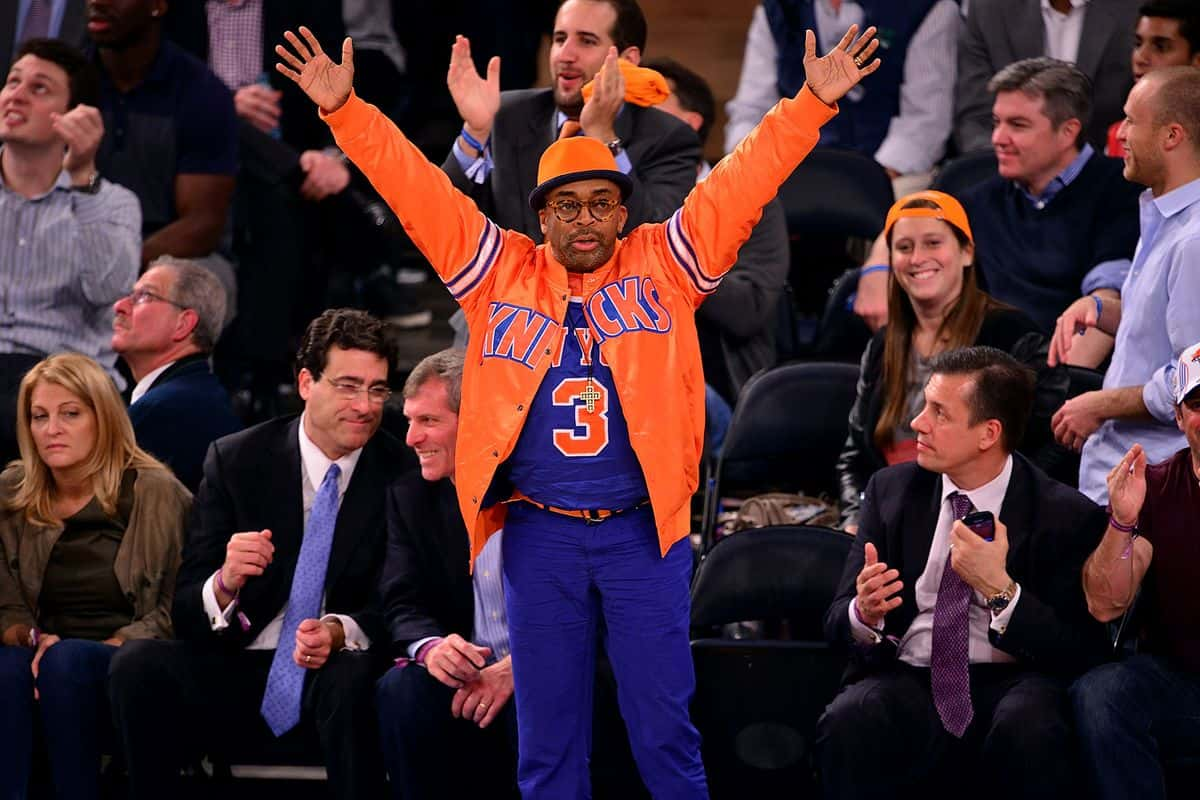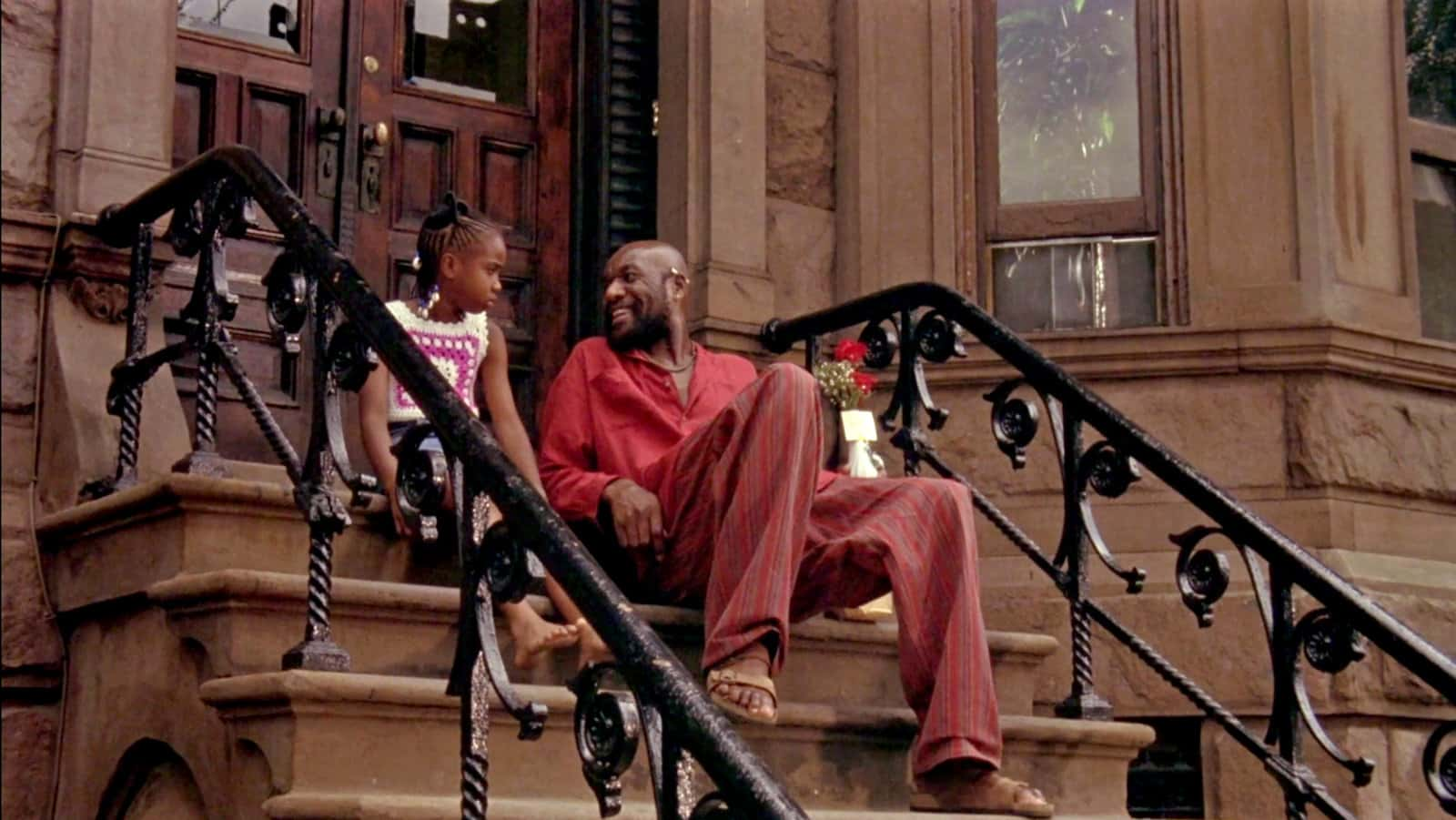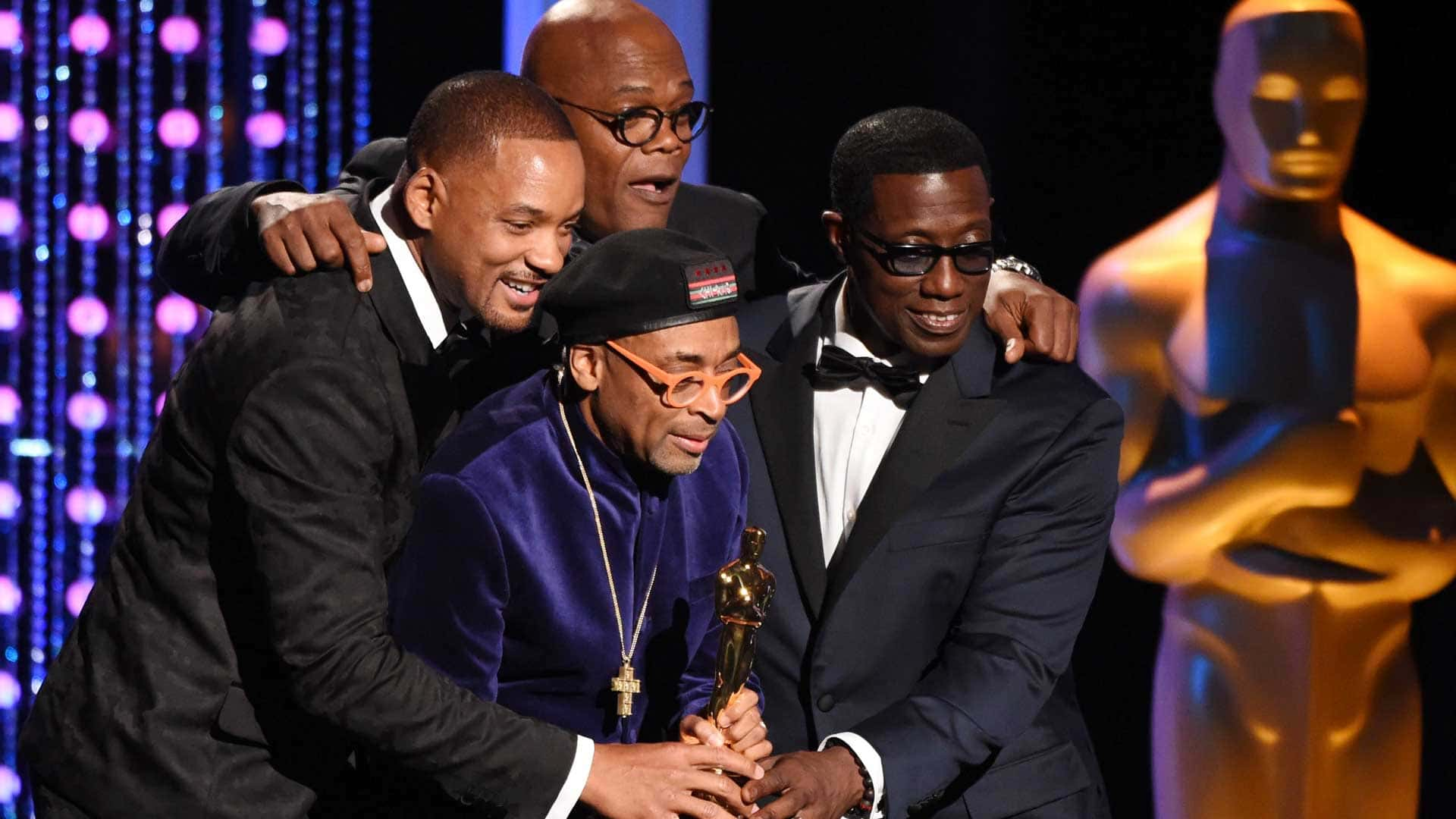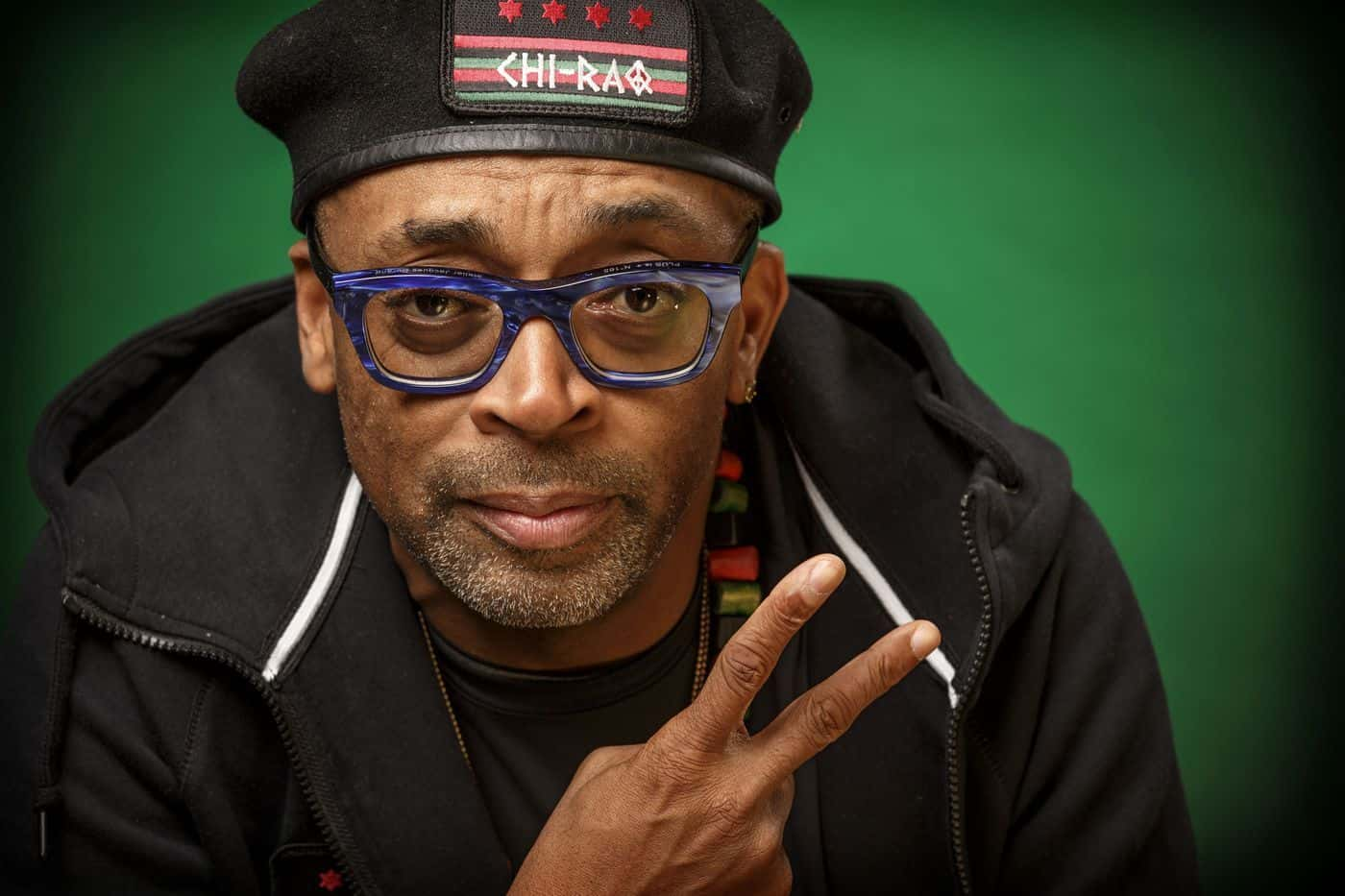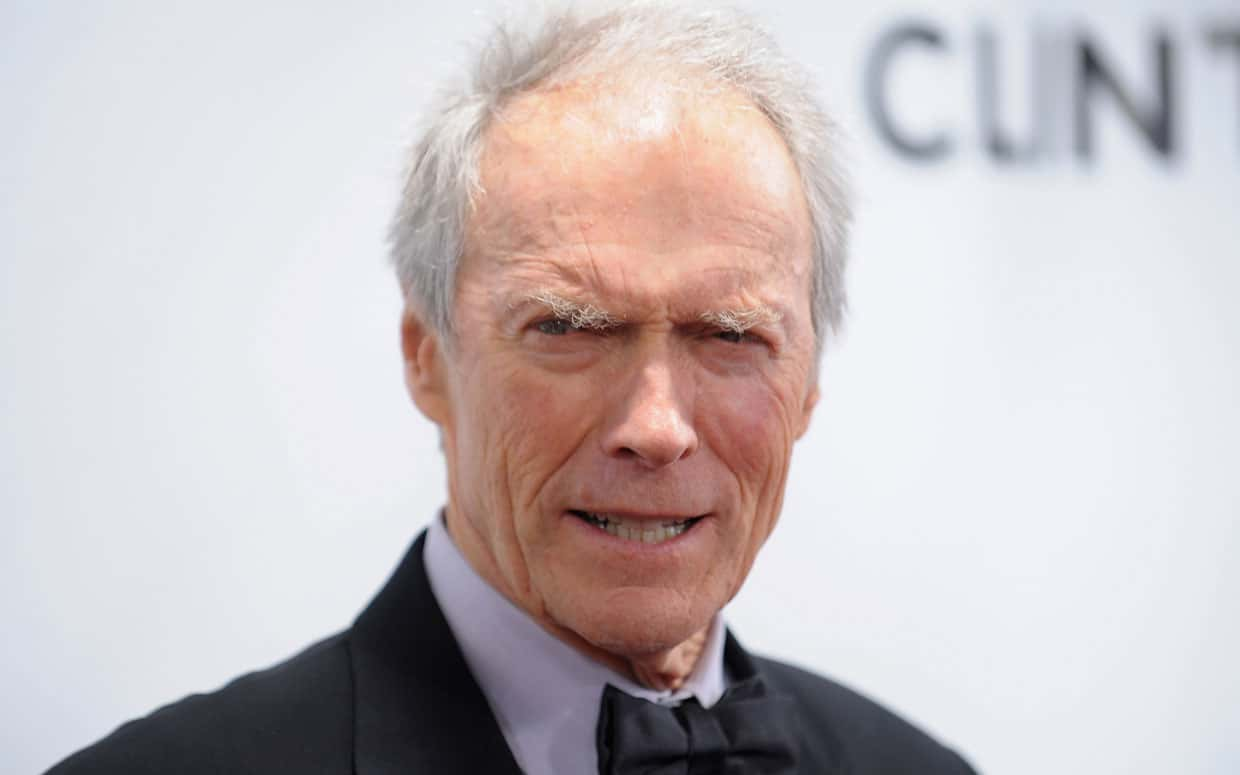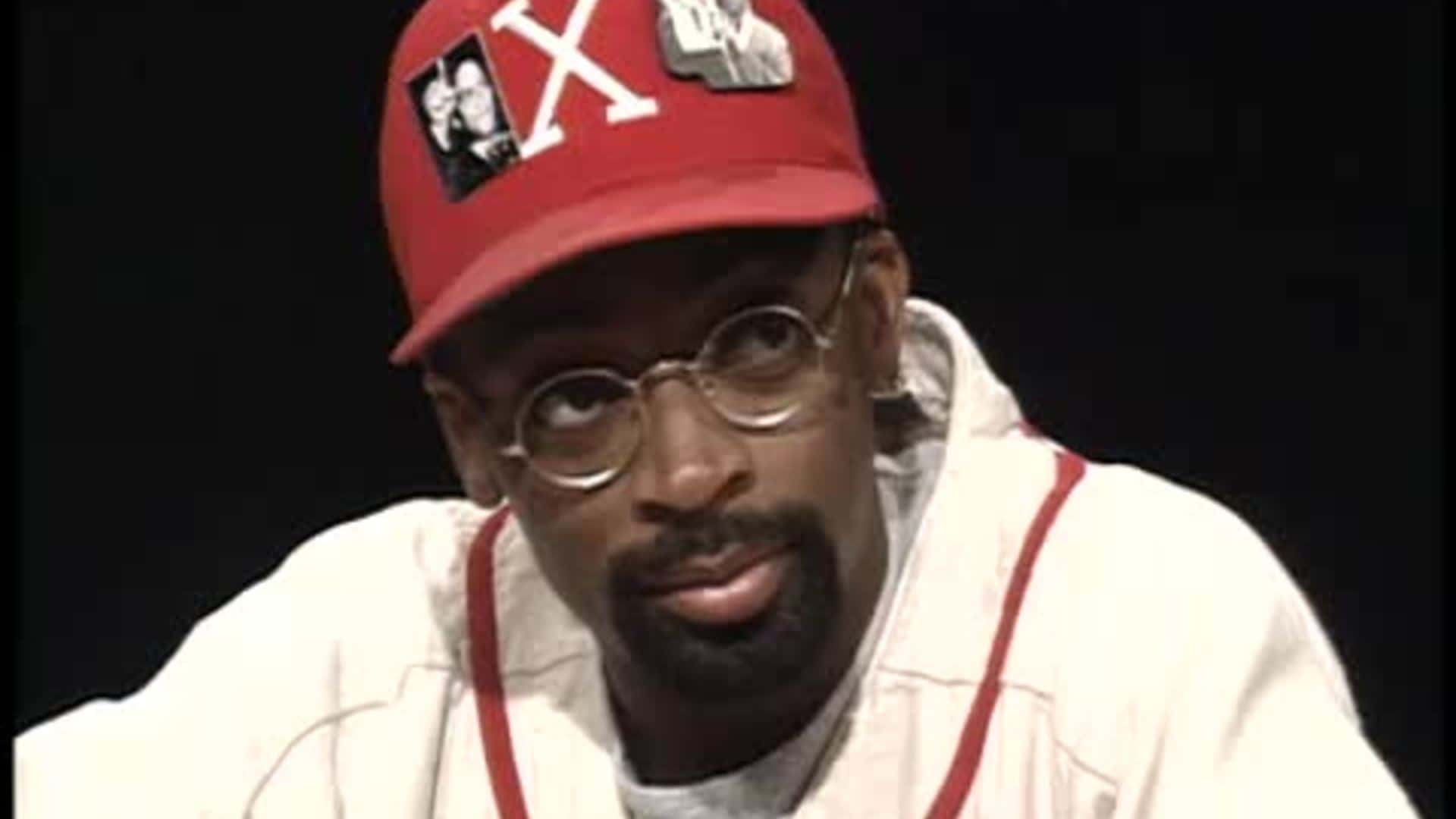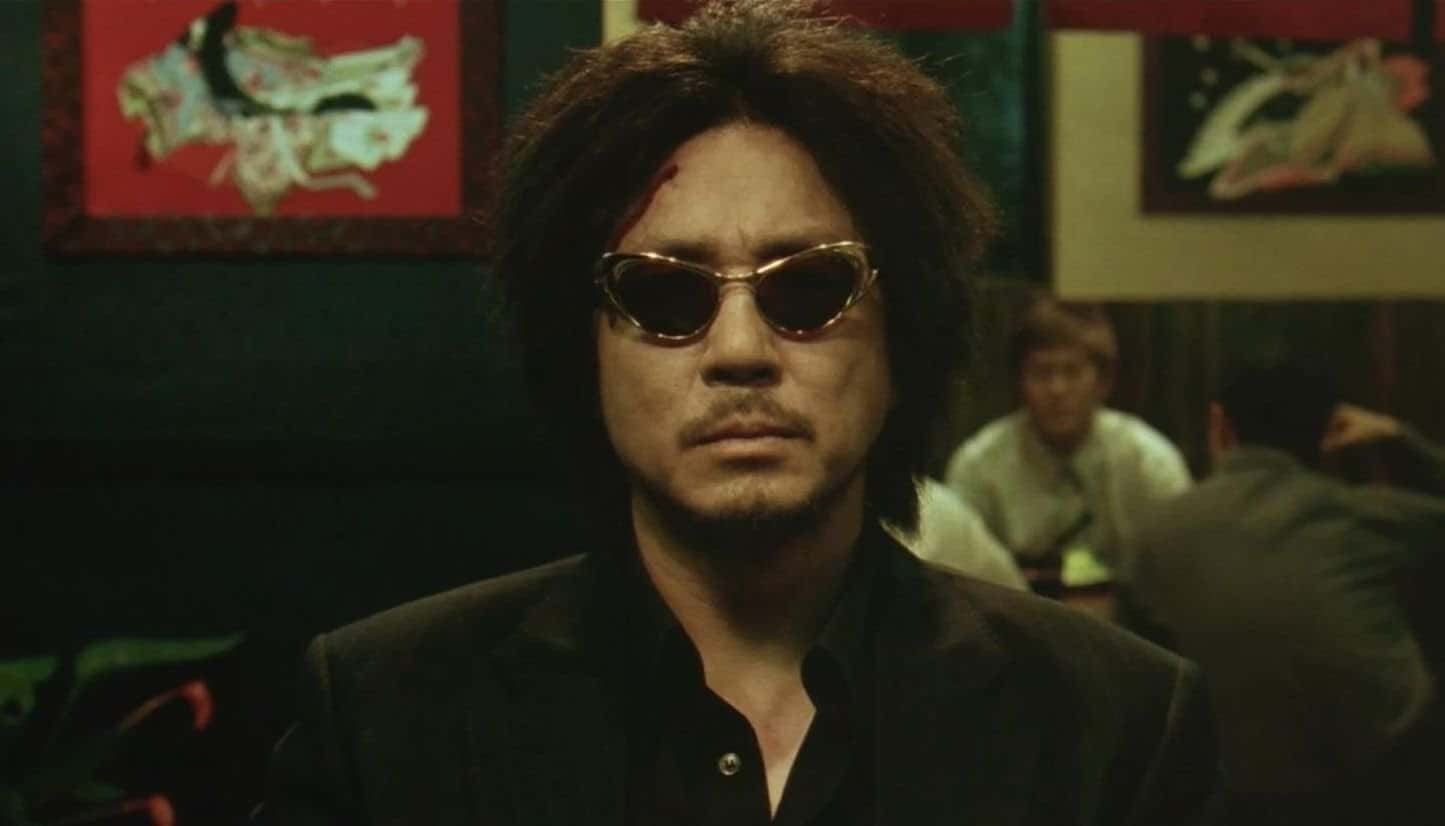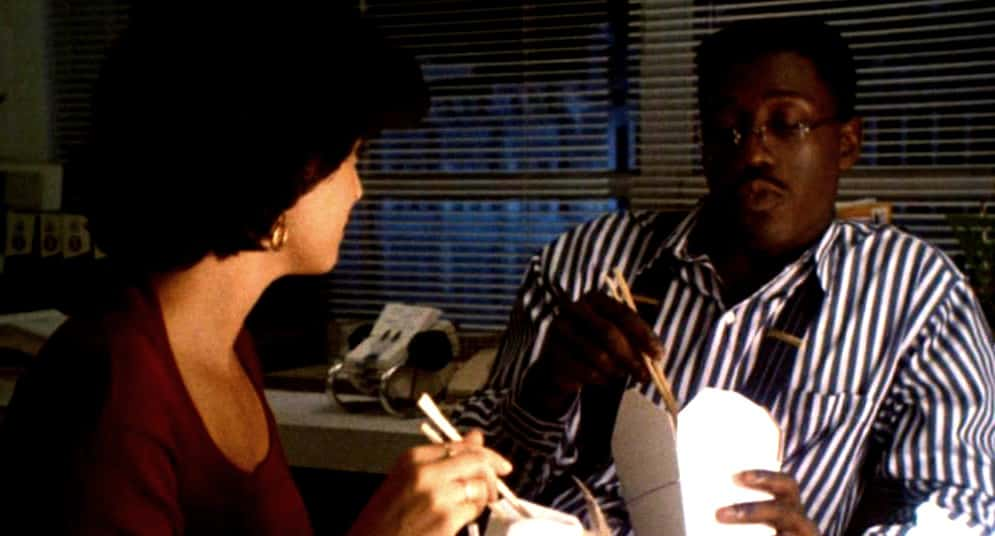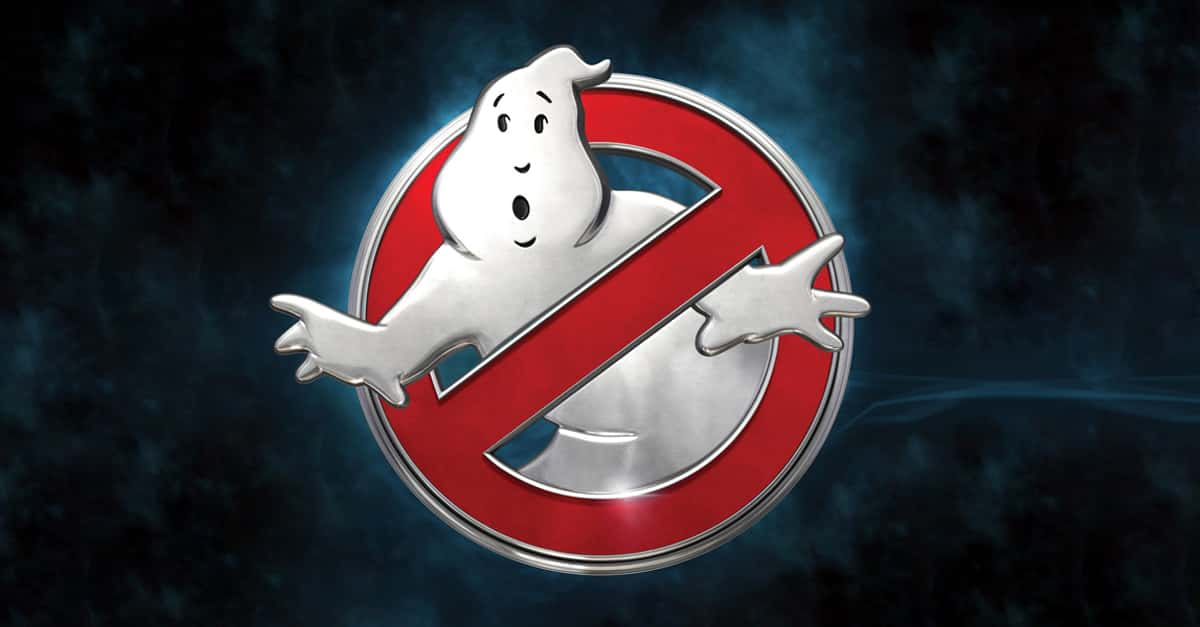"A spine to my films that's become more evident to me is that many are about the choices people make, and the reverberations of those choices. You go this way, or that way, and either way, there's going to be consequences."
One of the most prominent black filmmakers in American history, Spike Lee has become known for movies that challenge the status quo and confront the racism that's inherent within American society. Lee has also become known for some controversial comments and opinions he’s shared, especially in the age of social media. Like him or not, though, one cannot deny his incredible legacy of great films, whether they’re comedic (School Daze), dramatic (Malcolm X), or a mix of both (Do the Right Thing). So who is the man behind the films? What else has he done in his career? What kind of controversy has he been involved with during his life? Find out more below!
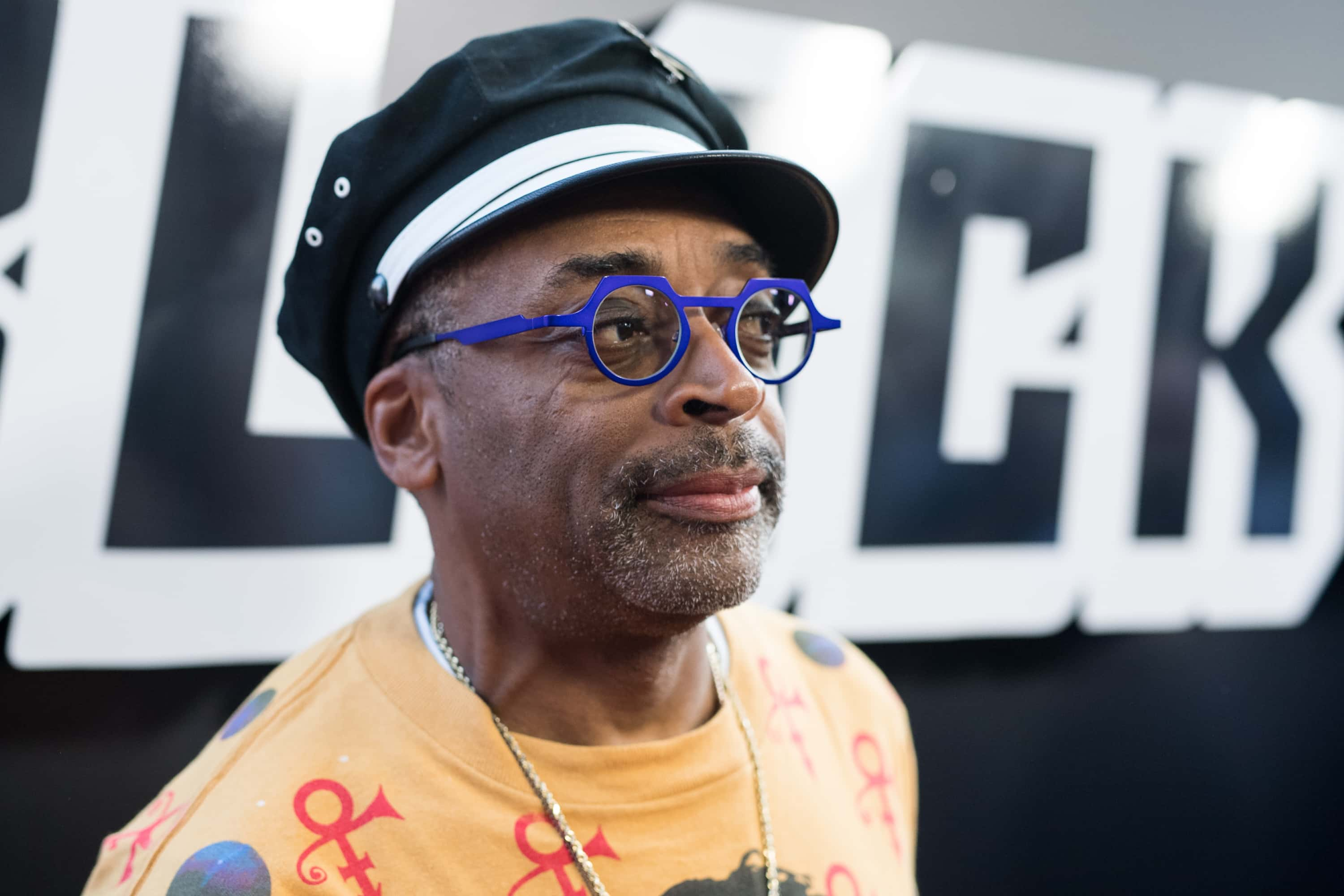
42. Pay What You Owe!
Lee named his production company “40 Acres and a Mule” after a promise made during the Civil War that freed slaves would be granted the aforementioned compensation. This promise sadly went unfulfilled, so Lee’s use of the term is presumably a cynical joke in the face of continuing racism.
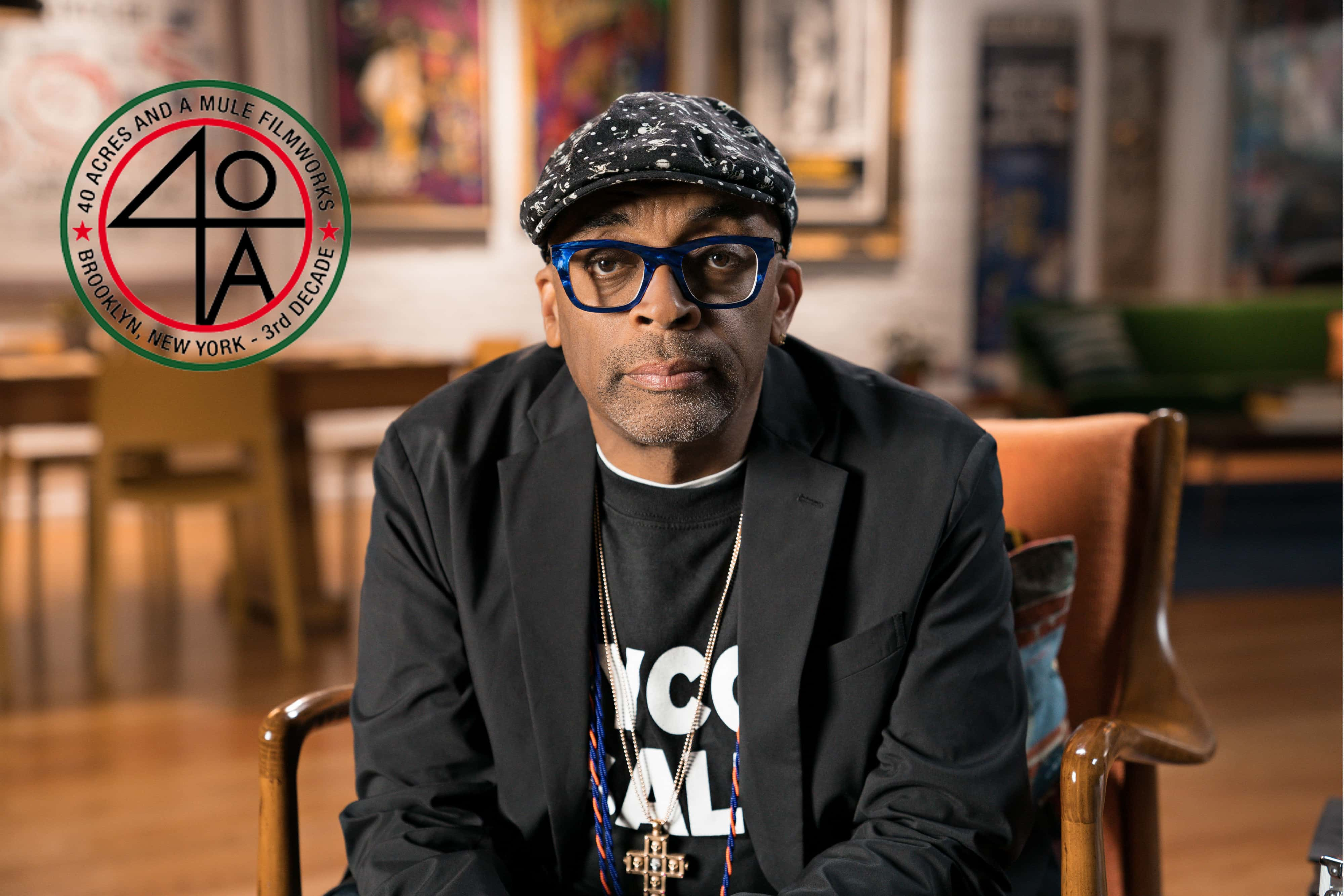
41. Artist Parents
Lee’s mother, Jacqueline, worked as a teacher of black literature and black art, and was the person who gave him the nickname “Spike.” His father, William James Edward Lee III, was a jazz musician and composer who also worked on the music for some of his son’s films.
40. Welcome to New York!
A graduating student of New York University, Lee has become well known for his love for the NYC borough of Brooklyn. Despite his status as a proud New Yorker, however, Lee was actually born in Atlanta, Georgia!
39. The People You Know
While Lee was studying at New York University, he shared classes with both Oliver Stone and Ang Lee. Amazingly, one of his teachers was none other than Martin Scorsese! That's a lot of greats in one room.
38. First Triumph
In 1983, while Lee was doing work as a graduate student at the Tisch School of the Arts at New York University, he submitted the film Joe’s Bed-Stuy Barbershop: We Cut Heads as his master’s thesis. It became “the first student film to be showcased in Lincoln Center’s New Directors New Films Festival.” The film ended up winning a Student Academy Award. Not a bad debut, if you ask me.
37. Behind the Camera and in Front of It
Besides writing and directing, Lee has also acted in ten of his own films. His most notable performance is the lead role of Mookie the pizza deliveryman in Do the Right Thing. He would reprise the role of Mookie in Red Hook Summer. In fact, the first time that Lee didn’t act in a movie which he also directed was the 1996 film Get on the Bus.
36. Husband and Father
In 1992, Lee met attorney Tonya Lewis, with the two of them marrying just a year later. Their daughter, Satchel, was born in 1994, and their son, Jackson, was born in 1997. The couple currently lives in Manhattan.
35. Heck of a Profit!
Lee’s first feature film was She’s Gotta Have It, a film about a woman who envies the sexual freedom of men to have multiple lovers and decides to do the same thing by having three lovers at the same time. The film was shot in two weeks on a budget of $175,000. The film ultimately made more than $7 million at the box office! I don't know a lot about money, but that seems like a pretty good return on investment.
34. Successful Adaptation
In 2017, Lee returned to his first feature film and converted it into a TV series. She’s Gotta Have It became a Netflix series, with the first season airing in 2017. With a rating of 87% on Rotten Tomatoes, it’s no surprise that Netflix renewed it for a second season on the 1st of January 2018!

History's most fascinating stories and darkest secrets, delivered to your inbox daily.
33. Father and Son
As of 2018, Lee has made a total of four films with renowned actor Denzel Washington (Mo’ Better Blues, Malcolm X, He Got Game, and Inside Man). Recently, he cast Washington’s son, John David Washington, as the lead character in BlacKkKlansman, to great critical acclaim.
32. TV Spotter
Aside from directing feature films, Lee also became a director of commercials through 40 Acres and a Mule. Lee has directed commercials for Jaguar, Ben & Jerry’s, Taco Bell, and Converse. He's also been on the other side of the commercial game, appearing in a series of Capital One commercials alongside Charles Barkley and Samuel L. Jackson.
31. I Loved You in The Deer Hunter!
According to Lee, he was first inspired to make films when he watched Michael Cimino’s 1978 film The Deer Hunter, which followed a group of friends who serve in the Vietnam War and have to struggle with the aftermath of having fought in that war. Coincidentally, one of the stars of that film, John Savage, would later appear in Lee’s film Do the Right Thing.
30. Bring the Kids!
As of 2018, only two of Lee’s feature films have received a PG-13 rating. These two are Malcolm X, the biopic about black activist Malcolm X, and Crooklyn, a semi-autobiographical film about several siblings growing up together in Brooklyn.
29. Interesting Inspiration
At one point in his life, Lee watched “Shopping for Death,” an episode of Alfred Hitchcock Presents which discussed the idea that violent tendencies are more likely to be carried out with warmer weather. Lee was inspired by this idea, as well as the death of Eleanor Bumpurs by police gunshot, to write Do the Right Thing.
28. Based on True Events
Another incident which inspired Lee’s Do the Right Thing took place in New York City, specifically the Howard Beach area, when a group of black youths were chased out of a pizzeria by several white people.
27. Survey Says…
In 2004, Lee was part of the Main Competition jury for the 61st Venice International Film Festival. His film She Hate Me was also screened at the festival, though out of competition (because that wouldn't exactly be fair now would it?).
26. Zero for Two
Two actors have been Oscar-nominated for appearing in Lee’s films. These are Danny Aiello for Do the Right Thing and Denzel Washington for Malcolm X. However, neither of them won for their efforts.
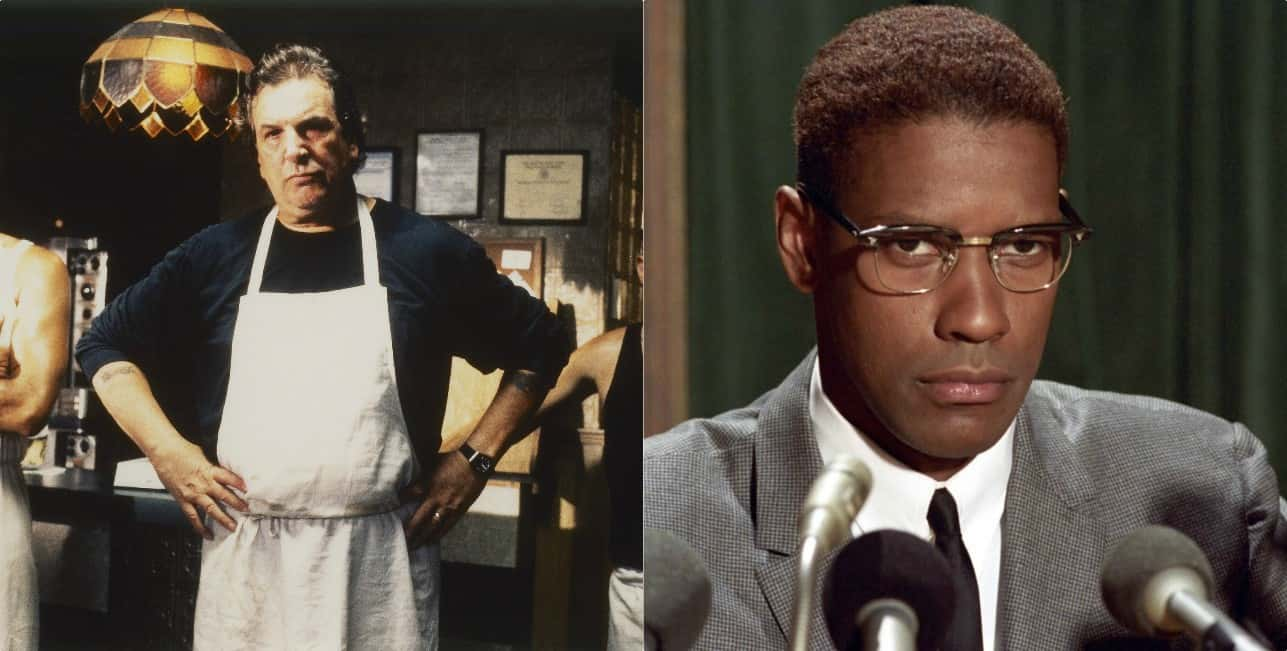
25. A First For Me
In 2008, Lee released his World War II film Miracle at St. Anna, following the journey of four black soldiers who form a bond with villagers in Italy while they hide from German soldiers. It was one of the most expensive movies in Lee’s career and was also the first of his movies to be filmed in Europe.
24. Longtime Collaborator
Lee has ecast actor Ossie Davis in no fewer than six of his feature films: Do the Right Thing, Get on the Bus, Jungle Fever, Malcolm X, School Daze, and She Hate Me (which was also Davis’ final appearance in a feature film before his death). Davis was also involved with Lee’s documentary 4 Little Girls.
23. You Can’t Use That Word!
In 2003, Lee sought an injunction against the TV channel known as Spike TV. He was reportedly anxious that people would mistakenly think that he was affiliated with the channel. To be fair, we’d be worried about being associated with that channel as well!
22. Sibling Power
In the spirit of Lee’s film Crooklyn being semi-autobiographical, he co-wrote the film with his siblings, Joie and Cinque. In addition to her work on that film, Joie also co-wrote Lee’s TV series She’s Gotta Have It. Both Cinque and Joie have also regularly appeared in Lee’s projects in acting roles.
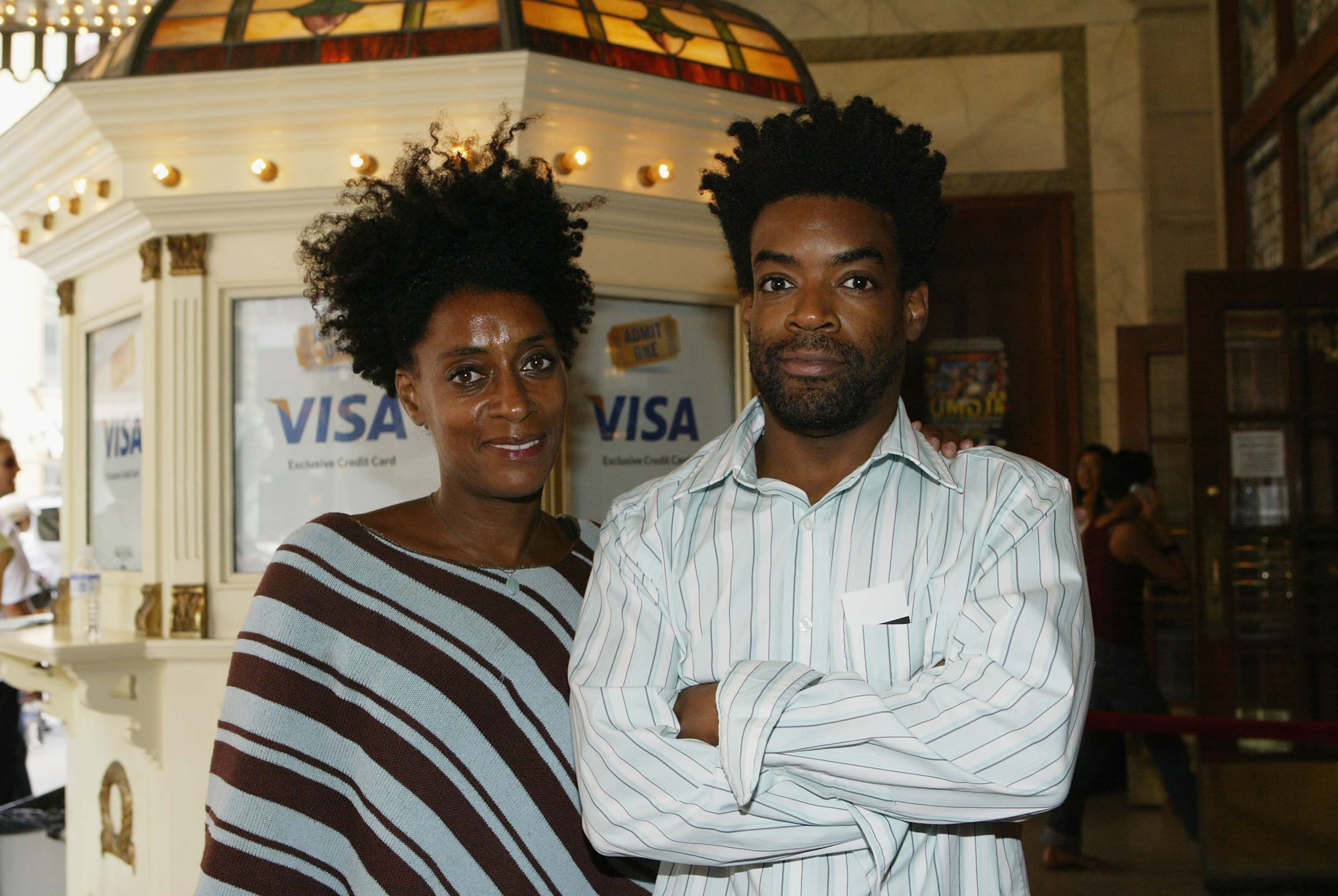
21. Controversy Number Whatever
After releasing his musical drama Mo’ Better Blues, Lee received a lot of criticism from Jewish groups, namely the Anti-Defamation League, for his portrayal of the Jewish characters Moe and Josh Flatbrush (played by John and Nicholas Turturro). Lee was accused of using harmful stereotypes in portraying these Jewish characters, while he countered that there was a double standard going on with nobody objecting to harmful black stereotypes appearing in films. Lee continues to refuse to apologize for those characters, insisting that to say that a Jewish person never once exploited a black person in American history is “unrealistic and unfair.”
20. Needed A Rewrite Maybe?
The first feature film that Lee ever directed without also working on the screenplay was the 1996 comedy Girl 6. It was also one of his biggest box office bombs and critical disappointments. Call that a coincidence?
19. Take Me Out to the Ball Game!
One of Lee’s passion projects has been a biopic on renowned baseball player Jackie Robinson. According to Lee, he personally promised Robinson’s widow to make said biopic, but he has yet to fulfill that promise, and another, unrelated biopic has come and gone in that time.
18. Cool Use of the F-Word
One of the most memorable parts of The 25th Hour is the scene where native New Yorker Monty Brogan (played by Edward Norton) has a long monologue where he insults every part of the city that he can think of with four-letter expletives. Lee had to fight very hard to keep the scene in the film. Both the screenwriter, David Benioff (later showrunner for Game of Thrones) and the production company behind The 25th Hour wanted the scene to be cut, but Lee defied them and filmed the scene anyway.
17. This is Our Story
Before Lee was attached to direct the film Malcolm X, Canadian director Norman Jewison was hired to do the job. Lee approached Jewison and urged him to step aside so that a black filmmaker could make this film about a black figure in American history. Jewison was persuaded and gave his blessing to Lee by resigning from the directing job.
16. Just Kidding
In the aftermath of the 1999 Columbine school shooting, Lee was reported to have declared that the “problem is guns,” and went on to state that the National Rifle Association needed to be disbanded and its president, actor Charlton Heston, ought to be shot “with a .44 Bull Dog.” Lee later clarified that his inflammatory comments about Heston were intended to be humorous, but it still proved to be one of the most controversial moments of Lee's life.
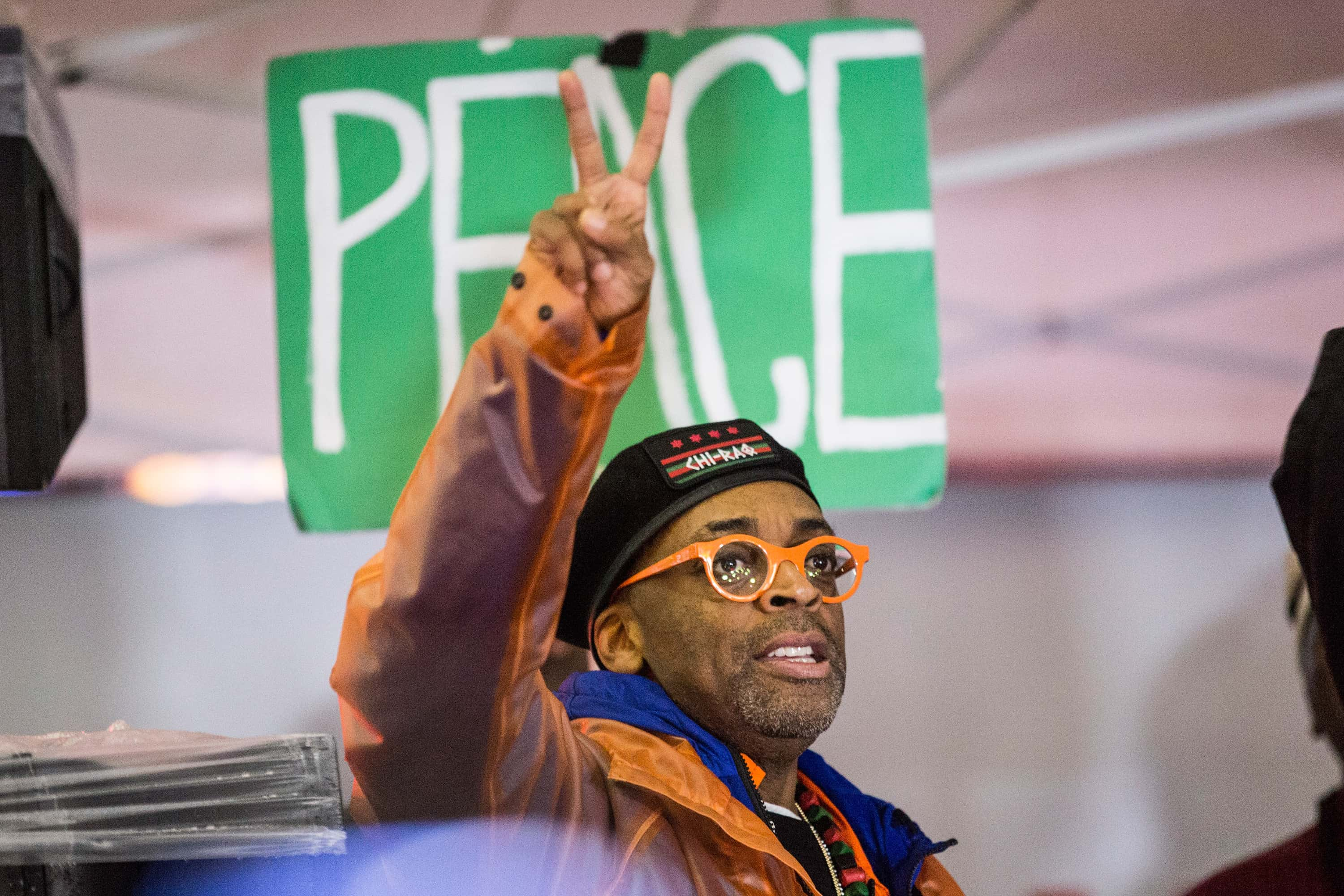
15. Times Have Changed
When he released his film Crooklyn, Lee sat down with film critic Roger Ebert for an interview, where he expressed his lament that during the production, the child actors in the cast had no idea how to play the various street games which Lee had grown up playing. He and other members of the crew had to teach them all how to play the games for filming.
14. The Struggle Was Real
The struggle to complete the biopic Malcolm X drew criticism against Lee from nearly every corner. Protests were made against honoring a radical black activist who had been supportive of violence against a racist society, as well as his having embraced Islamic faith. Members of the black Muslim community in the US sent threats against Lee warning him not to portray Malcolm X in an unflattering light. Still others protested Lee’s casting of Denzel Washington as X, insisting that he was too short and too dark-skinned to portray X properly. Finally, Lee couldn’t film the entire movie as part of it was filmed inside the Islamic holy center of Mecca (Malcolm X was actually the first American film to have that honor), so he had to have a second-unit Muslim director go inside and do the filming instead. After all that, it's a miracle the movie got made at all!
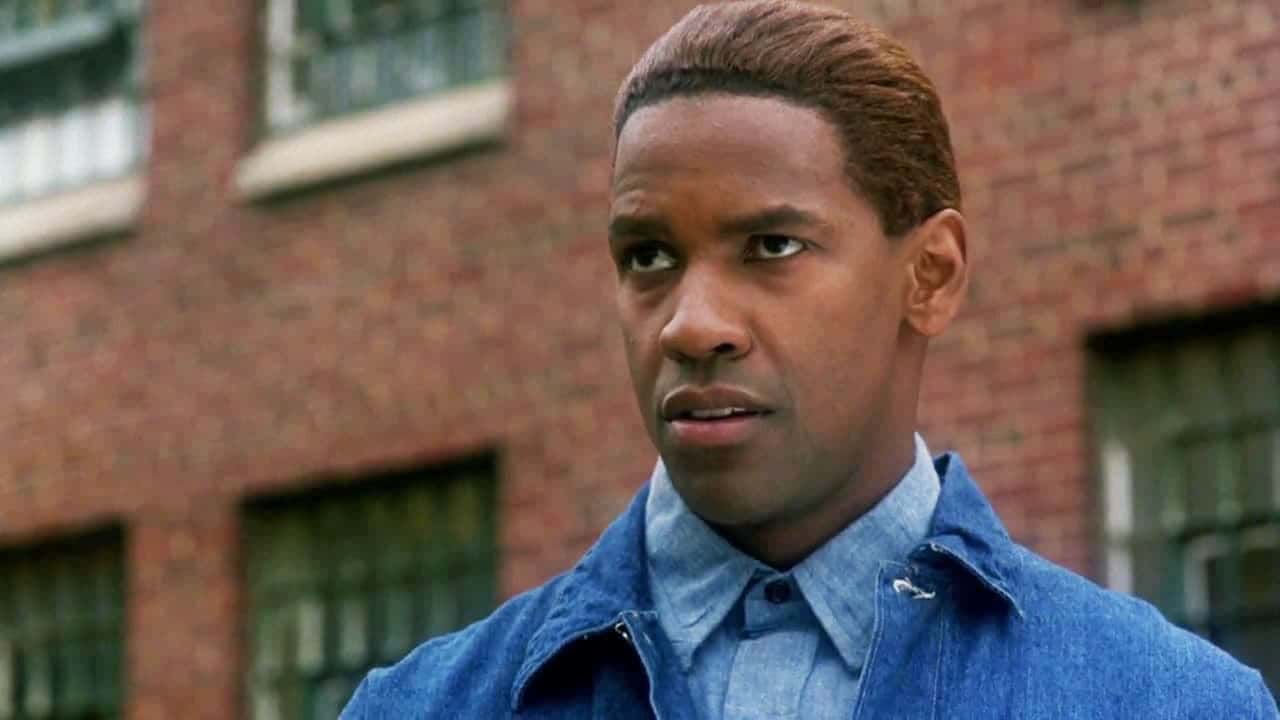 Wartakita info
Wartakita info
13. Getting the Film Made
Lee turned to unorthodox methods to produce his indie horror film Da Sweet Blood of Jesus. The film was financed via the crowdfunding website Kickstarter. He acquired the soundtrack by accepting songs contributed by “unsigned, unknown artists via social media.”
12. A Fine Half-Dozen
A semi-official series within Lee’s filmography is his “Chronicles of Brooklyn.” The six films which all take place in Brooklyn are Red Hook Summer, She’s Gotta Have It, He Got Game, Clockers, Do the Right Thing, and Crooklyn.
11. For Sports Fans Out There
Lee is a devoted fan of the New York Knicks, the New York Yankees, and the Arsenal soccer team in England. He can famously be seen in his specific floor seats at many Knicks home games, though lately that might just make you feel sorry for him.
10. We Want Crooklyn!
In 2017, the city of New York held a contest requesting New Yorkers to vote for which film would be screened for free across all five boroughs of the city. Lee’s 1994 film Crooklyn was the winner. Having seen that film, we’re not surprised that it won the contest.
9. Chasing That Golden Statue
Despite his remarkable film career, Lee has only been nominated for two Academy Awards. In 1990, Lee was nominated for Best Screenplay for Do the Right Thing, and in 1998, his film 4 Little Girls was nominated for Best Documentary. He didn’t win either award, but in 2016, he was given an Honorary Award from the Academy—and with BlackKklansman getting so much buzz, we'll see if this list needs an addendum in early 2019.
8. Impressive Accolade
Lee’s latest film, BlacKkKlansman, made its premiere at the 2018 Cannes Film Festival, where it won the Grand Prix award.
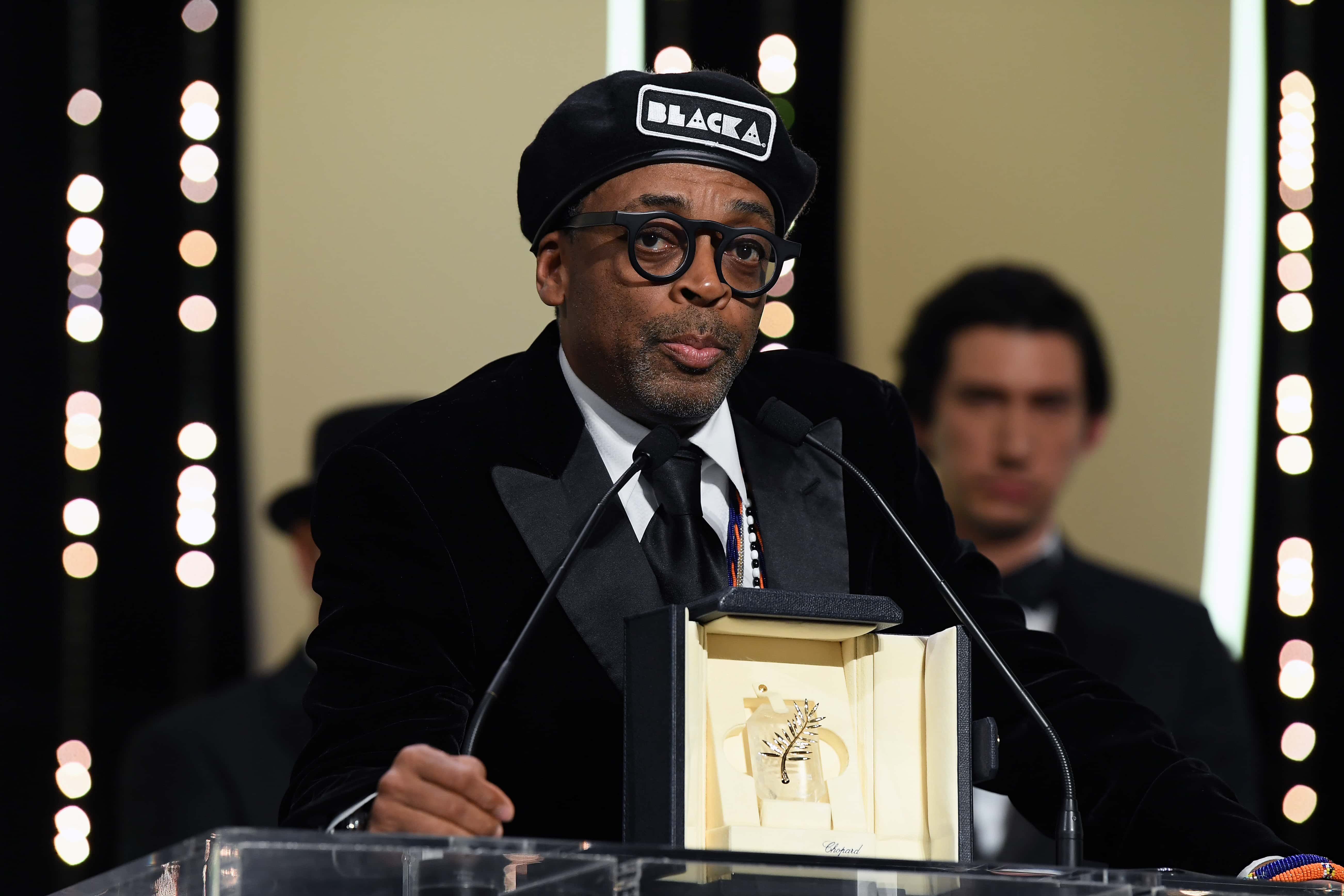
7. From Student to Master
Lee taught a course on filmmaking at Harvard University in 1991. Later, in 1993, he returned to New York University’s Tisch School of the Arts to be a teacher within the Graduate Film Program. In 2002, Lee was named the school’s Artistic Director.
6. My Mistake
Following the tragic shooting of Trayvon Martin in 2012, Lee re-tweeted what appeared to be the home address of the shooter, George Zimmerman. However, the address was incorrect, and the home’s real owners were forced to flee for their lives after they received death threats meant for Zimmerman. Lee offered his apologies and provided an agreed-upon “compensation,” but the couple still went on to sue him for over a million dollars, though the judge dismissed the case, determining that the matter had already been settled.
5. Clash of the Directors
In 2008, while he was working on his World War II film Miracle at St. Anna, Lee expressed his disappointment with director Clint Eastwood for his own recent World War II films, Flags of Our Fathers and Letters from Iwo Jima. He accused Eastwood of featuring “not one black soldier in both of those films.” Eastwood reportedly fired back, saying that Flags of Our Fathers was focused specifically on the soldiers who raised the flag on Iwo Jima, none of whom were black. He declared that Lee needed to “shut his face” while Lee retorted that Eastwood was acting like an “angry old man.”
4. It’s Cool, We’re Cool
In the aftermath of the feud between Clint Eastwood and Lee, Lee would later clarify that the media greatly exaggerated their disagreement (as the media does best). He explained that he and Eastwood had been reconciled (by none other than Steven Spielberg) and as a token of goodwill, he’d sent Eastwood a copy of Miracle at St. Anna.
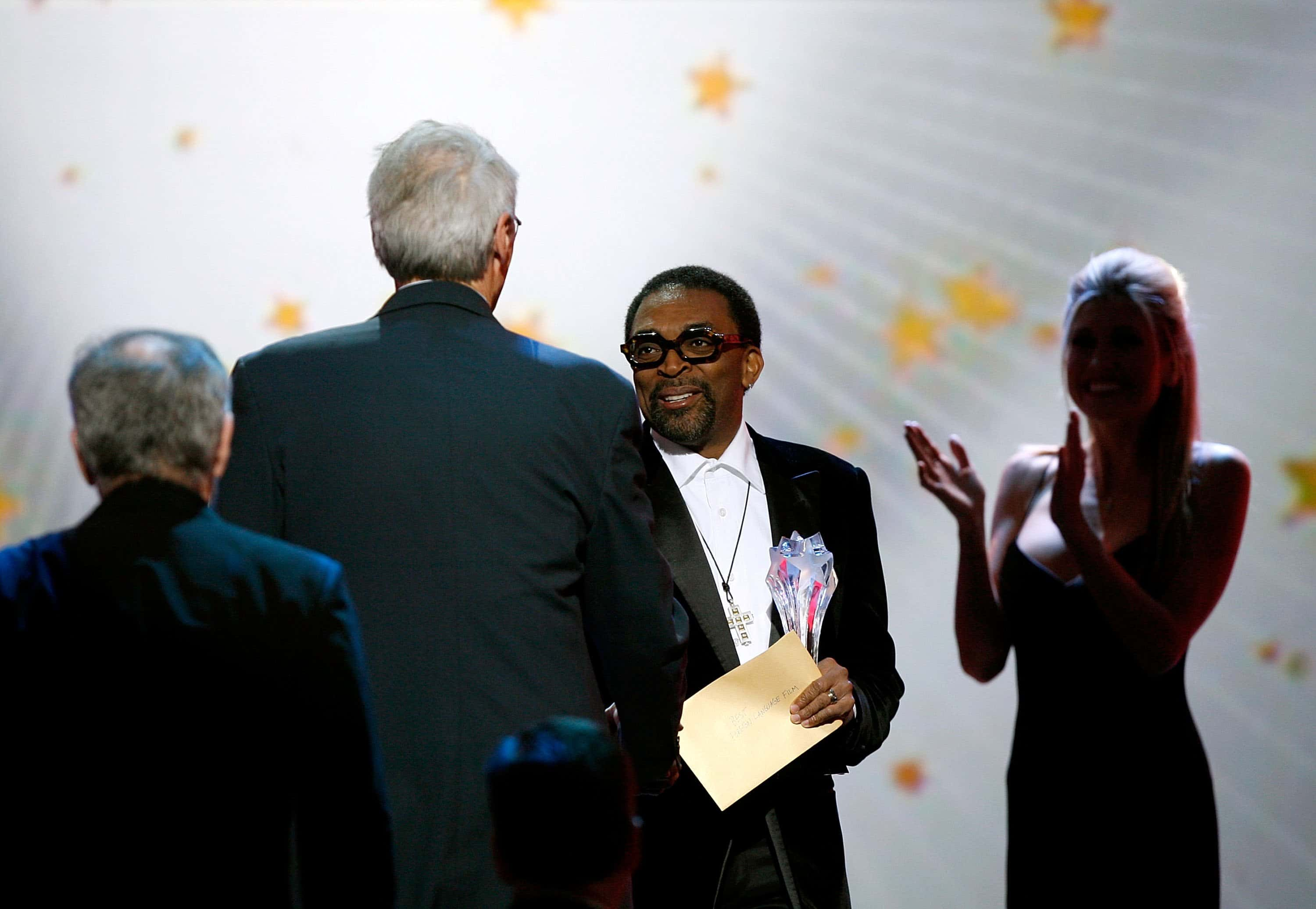
3. Seeking Relevant Questions
Due to the subject matter of his biopic of Malcolm X, Lee caused a controversy when he made a special request that media companies send black journalists to interview him on the film. It was one of the first times that a celebrity made a race-specific request when it came to choosing their interviewers, and people were intensely divided on Lee’s request. Several companies (including Rolling Stone and Vogue) agreed to honor Lee’s request, while the Los Angeles Times refused. Lee maintained that he didn’t forbid white people from interviewing him, but he felt that they would not have as much insight into the figure of Malcolm X.
2. A Disjointed Film
Lee has made a habit out of crediting each of his films as a “Spike Lee Joint.” One exception to this rule is the film Oldboy, which was heavily re-edited by the producers after Lee was finished with it. At Lee’s insistence, Oldboy was dubbed a “Spike Lee Film” rather than his usual moniker. Lee referenced that film’s troubled production by calling his next film, Da Sweet Blood of Jesus, an “Official Spike Lee Joint.” Well played, Spike!
1. Art and Life Meshed Together
In 1991, Lee released the film Jungle Fever, which featured Samuel L. Jackson as Gator Purify, a man struggling with an addiction to crack. Lee was helped in the creative process by Jackson himself, who had actually “gotten out of rehab for his own crack addiction” before working on the film!
Sources: 1, 2, 3, 4, 5, 6, 7, 8, 9, 10, 11, 12, 13, 14, 15, 16, 17, 18, 19, 20, 21, 22, 23, 24, 25, 26, 27

